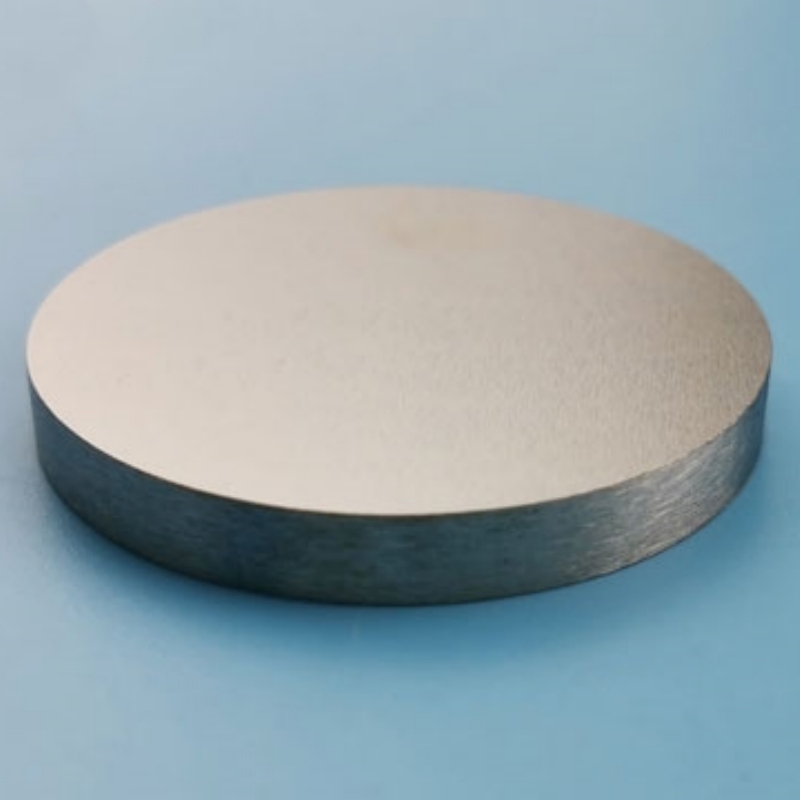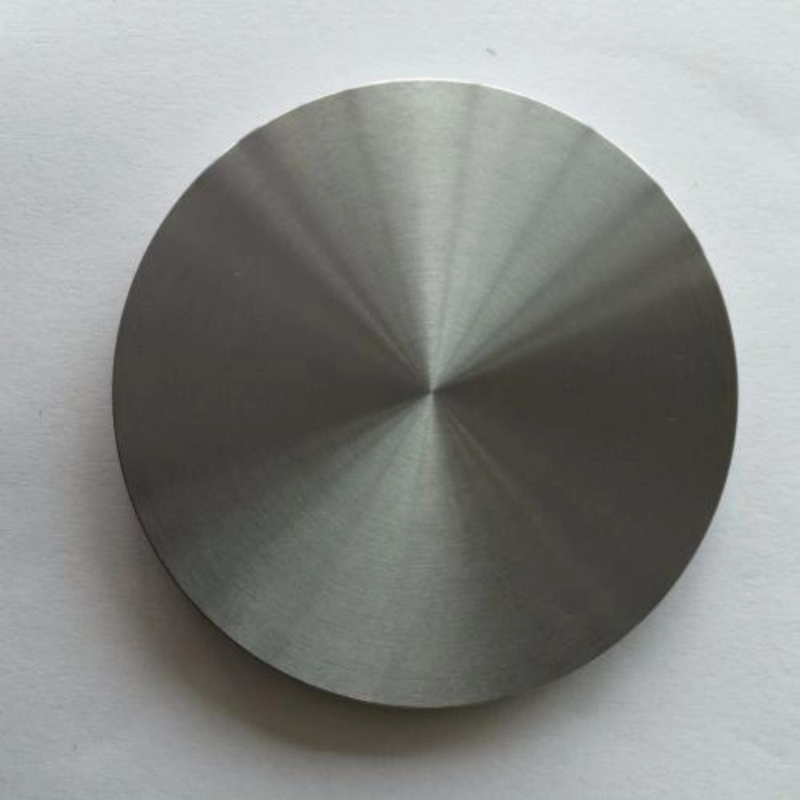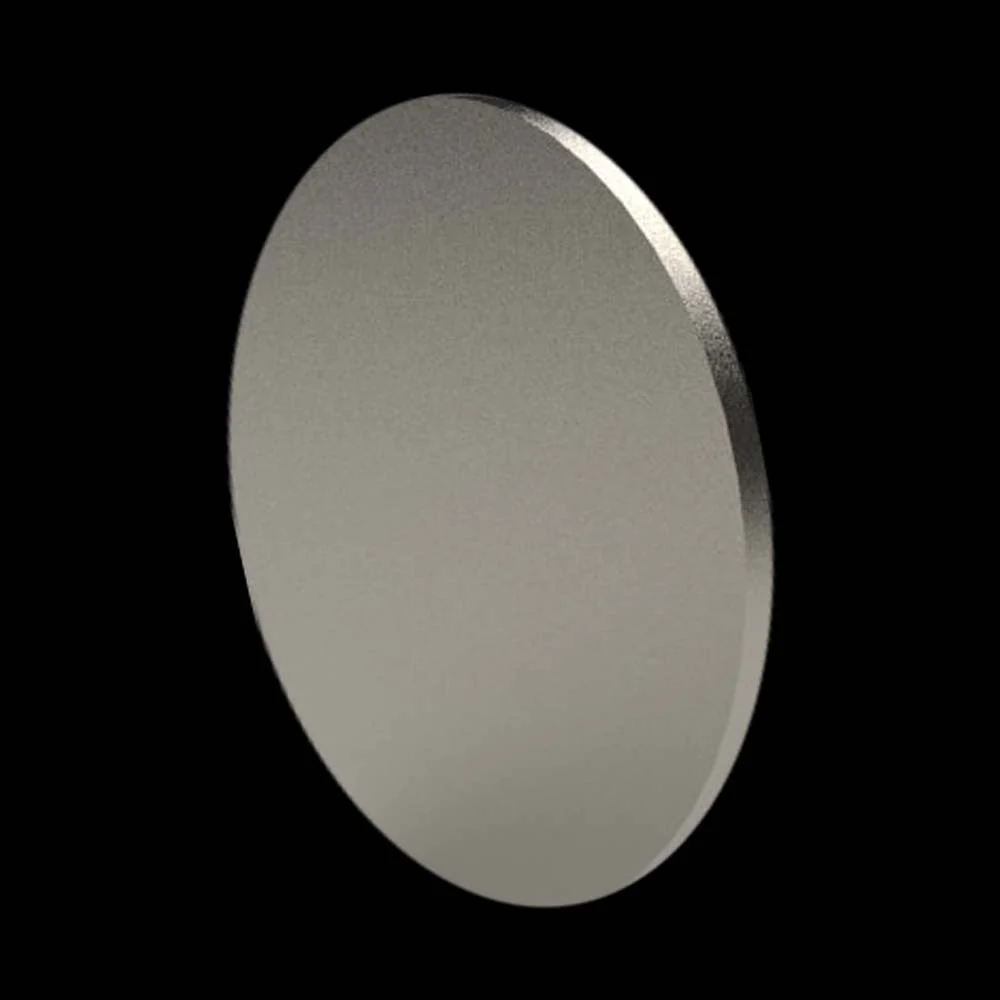CoCrW alloy saw blades are high-performance cutting tools made from a cobalt-chromium-tungsten alloy. These blades are designed for applications requiring exceptional wear resistance, strength, and durability. They are widely used in industries such as aerospace, medical devices, and high-temperature environments due to their ability to maintain sharpness and integrity under extreme conditions.
Product Overview
CoCrW Alloy Saw Blades (CoCrW) are high-wear-resistant alloy materials designed for wood cutting, widely used in sawmills and similar industries. The alloy is composed of 60% cobalt, 29% chromium, 8-10% tungsten, and 1% carbon, with a hardness range of 44-51 HRC. It offers high wear resistance and an extended service life. Compared to tungsten carbide, it has slightly lower hardness but better toughness, making it ideal for cutting wood that could damage standard blades. These saw blades effectively extend usage time and reduce maintenance costs.
Features
- Superior Wear Resistance: The CoCrW alloy saw blades maintain sharpness over extended periods of use, minimizing downtime.
- Extended Service Life: Compared to traditional blades, Stellite alloy saw blades significantly extend sharpening cycles, reducing replacement and maintenance costs.
- Better Cutting Performance: Compared to forged blades, these saw blades provide smoother cutting surfaces, minimizing material loss.
- Low Energy Consumption: Using Stellite alloy blades results in significant energy savings during the cutting process, improving efficiency.
- High Sharpenability: The saw blades can be re-sharpened to a high precision, ensuring consistent cutting quality.
Applications
- Woodworking: Widely used in sawmills and wood processing industries for cutting various types of wood, especially those requiring long cutting durations.
- Industrial Manufacturing: The CoCrW alloy saw blades excel in high-precision and high-wear cutting applications.
- Energy and Cost Optimization: In large-scale production, CoCrW alloy saw blades reduce energy consumption and maintenance, improving overall production efficiency.
| Alloy Grade | Carbon (C) | Manganese (Mn) | Silicon (Si) | Chromium (Cr) | Nickel (Ni) | Molybdenum (Mo) | Tungsten (W) | Cobalt (Co) | Iron (Fe) | Others | Density (g/cm鲁) | Hardness (HV) |
| ST 1 | 22~ 2.8 | 2 | 29.0~ 33.0 | 3 | 1 | 11.0~14.0 | Bal | 3 | 8.55 | 51~55 | ||
| ST 3 | 2.0~ 2.7 | 1 | 1 | 29.0~ 33.0 | 3 | 1 | 11.0~14.0 | Bal | 3 | 8.55 | 51~55 | |
| ST 4 | 0.8~1.3 | 1 | 1.5 | 28.0~- 32.0 | 3 | 1.5 | 12.5~15.5 | Bal | 3 | 8.65 | 40~46 | |
| ST 6 | 09~1.4 | 1 | 1.5 | 27.0-31.0 | 3 | 1.5 | 3.5~5.5 | Bal | 3 | 8.3 | 38~44 | |
| ST6K | 14~1.9 | 1 | 1.5 | 27.0~31.0 | 3 | 1.5 | 3.5~5.5 | Bal | 3 | 8.4 | 44~48 | |
| ST 12 | 1.1~1.7 | 1 | 1 | 28.0~ 32.0 | 3 | 7.0~9.5 | Bal | 3 | 8.45 | 44~49 | ||
| ST 19 | 1.5~2.1 | 1 | 1 | 29.5~32.5 | 3 | 9.5~11.5 | Bal | 3 | 8.7 | 46~51 | ||
| ST 20 | 2.2~ 3.0 | 2 | 30.0-34.0 | 3 | 1 | 14.0~19.0 | Bal | 3 | 8.33 | 56~60 | ||
| ST 21 | 0.2~0.3 | 1.0~2.0 | 1 | 26.0~28.0 | 2.5 | 5.0~6.0 | Bal | 2 | 8.6 | 27~40 | ||
| ST 31 | 0.45~0.55 | 1 | 1 | 24.5~26.5 | 9.5~11.5 | 0.5 | 7.0~8.0 | Bal | 2.5 | 8.7 | 30~35 | |
| ST 694 | 0.80~ 1.20 | 0.8~1.2 | 26.5~29.5 | 4.0~6.0 | 18.0~20.0 | Bal | 3 | V0.8~12 | 8.8 | 47~51 | ||
| TP80 | 1.60-2.20 | 1 | 1 | 26.0~31.0 | 4.0~8 | 1.0~2.0 | 4.5-7.00 | Bal | 0.5-2 | Nb 4.0-6.0 | 8.3 | 45~60 |
Submit Your RequirementsWe will contact you within 24 hours.
 WOBO Scientific Research New Materials One-Stop Service Platform
WOBO Scientific Research New Materials One-Stop Service Platform










